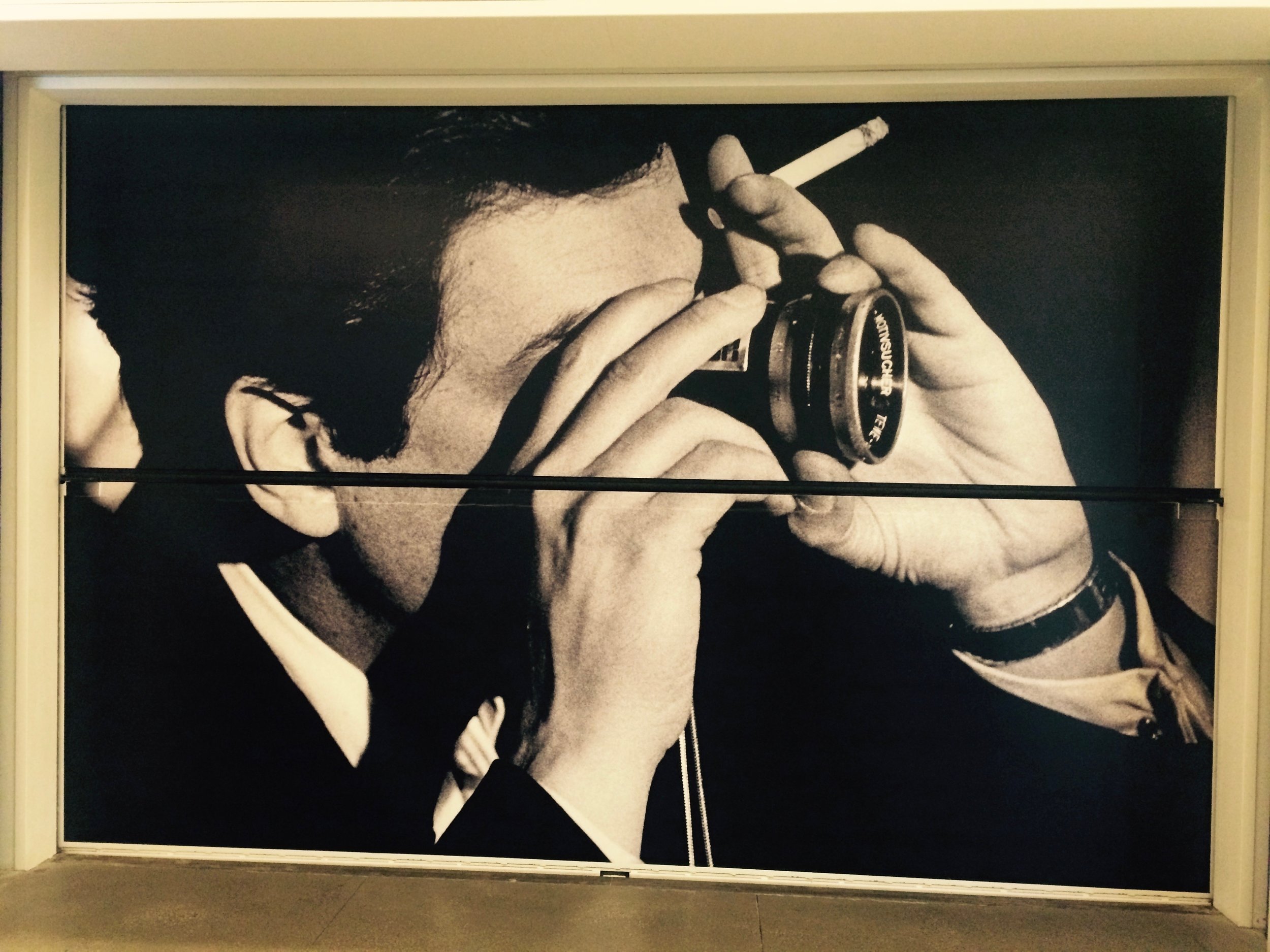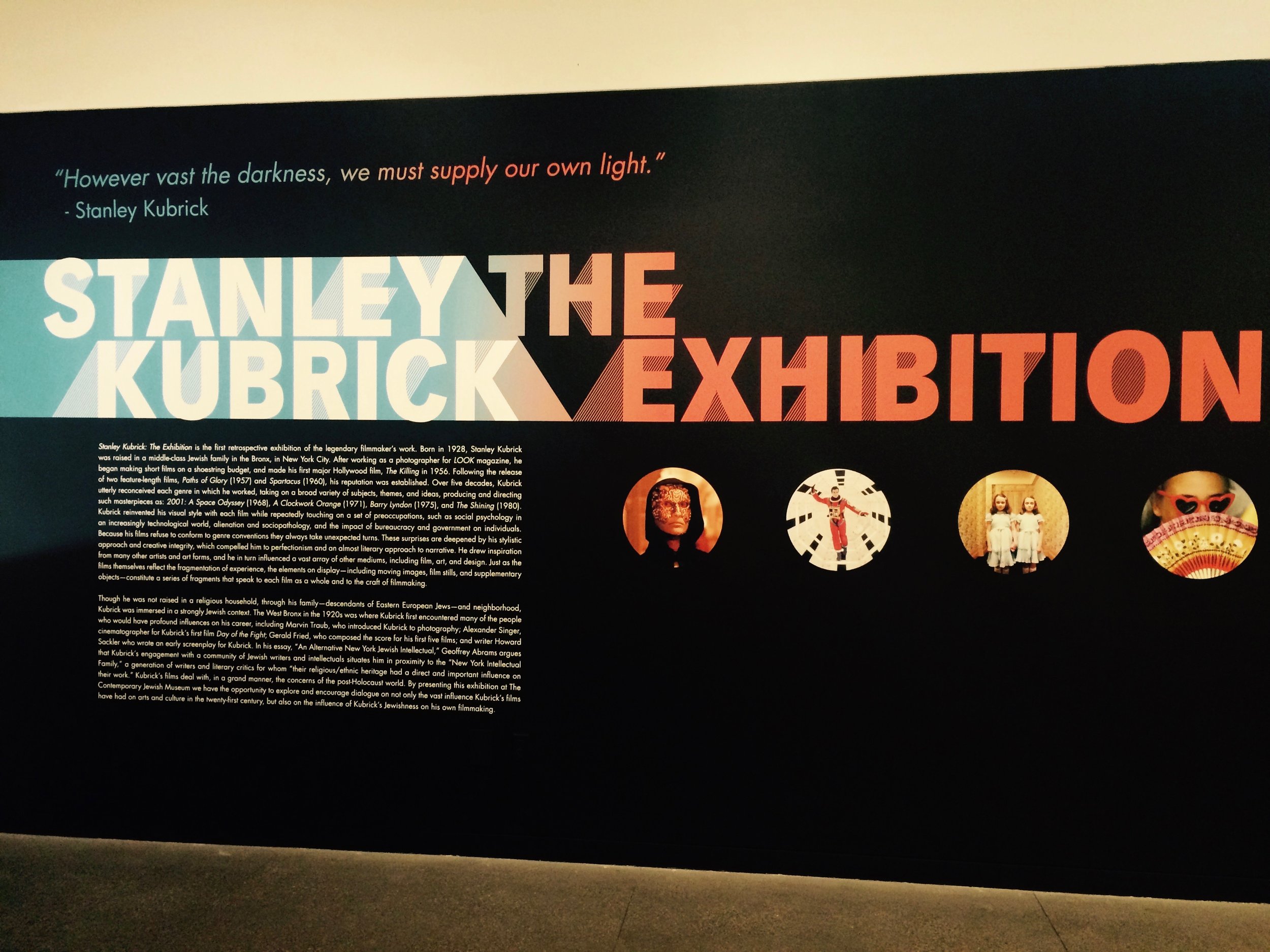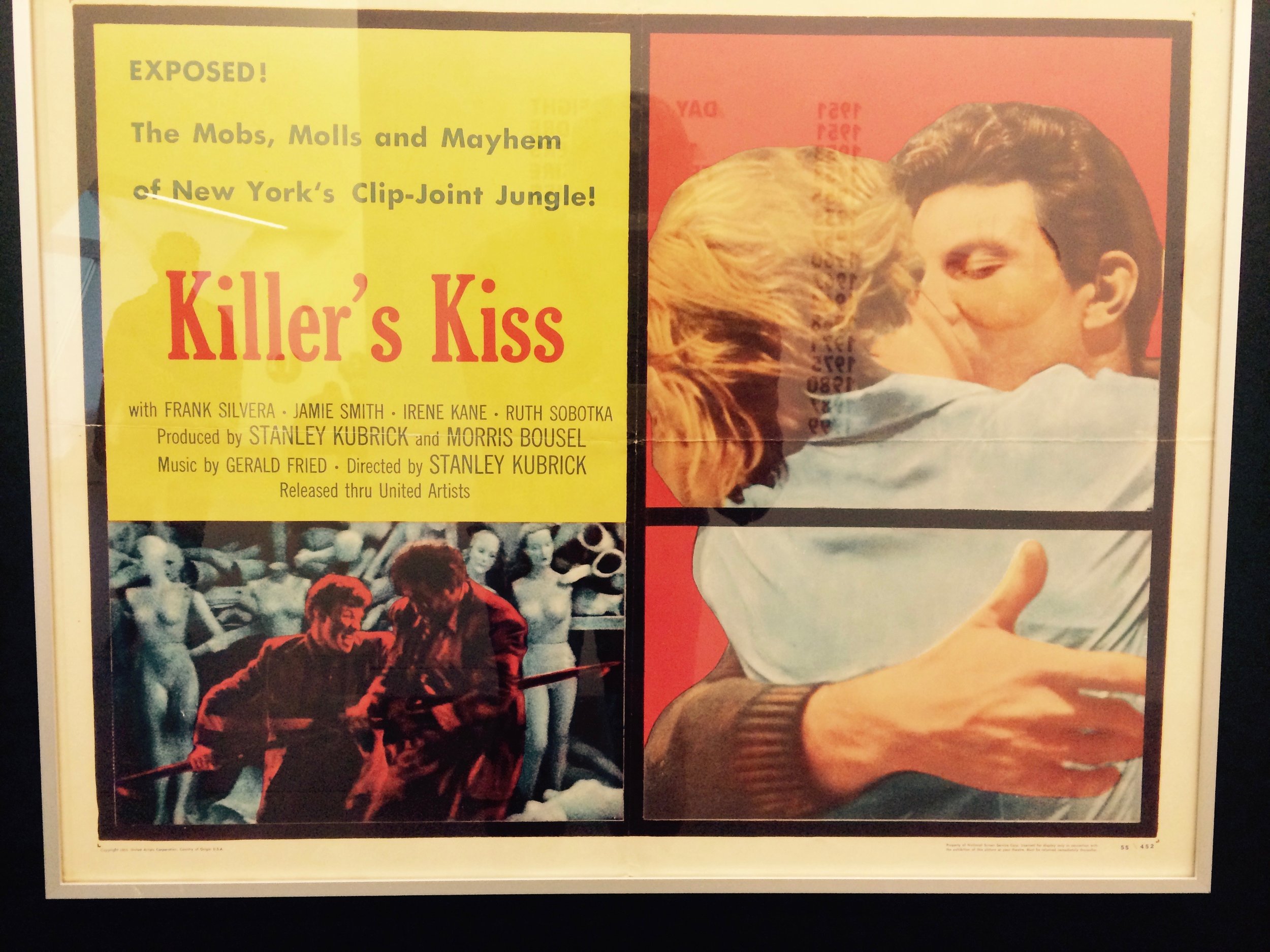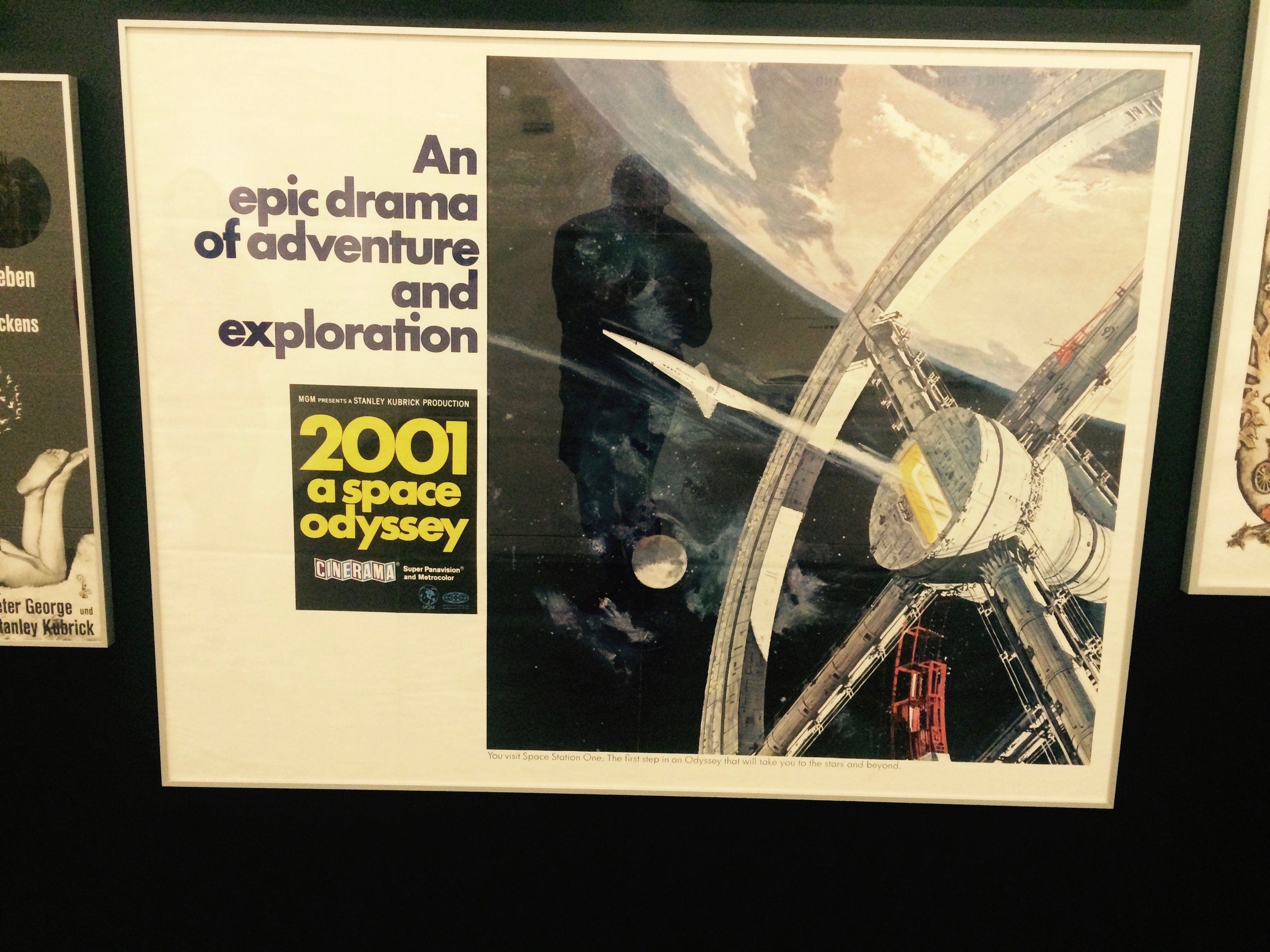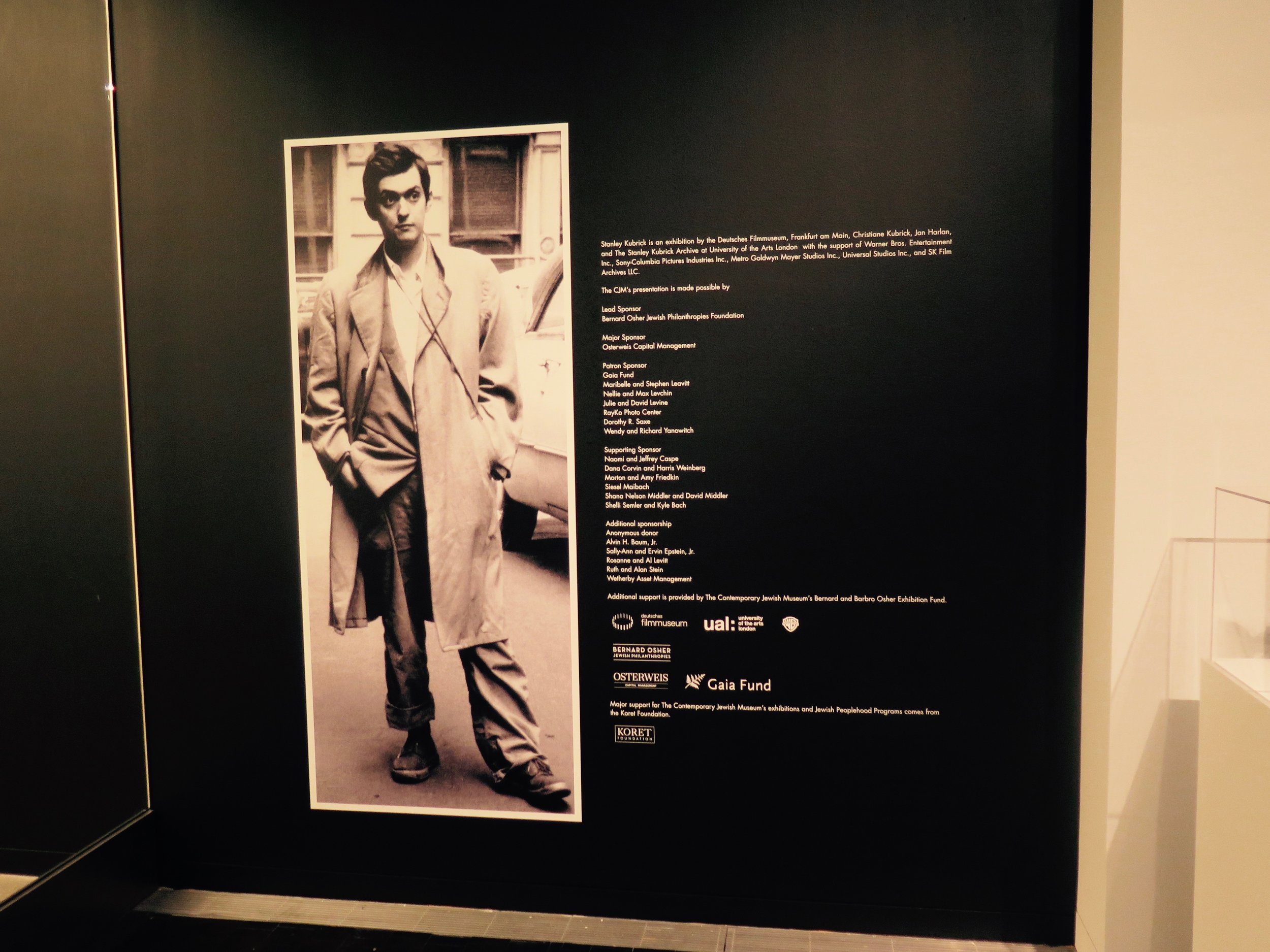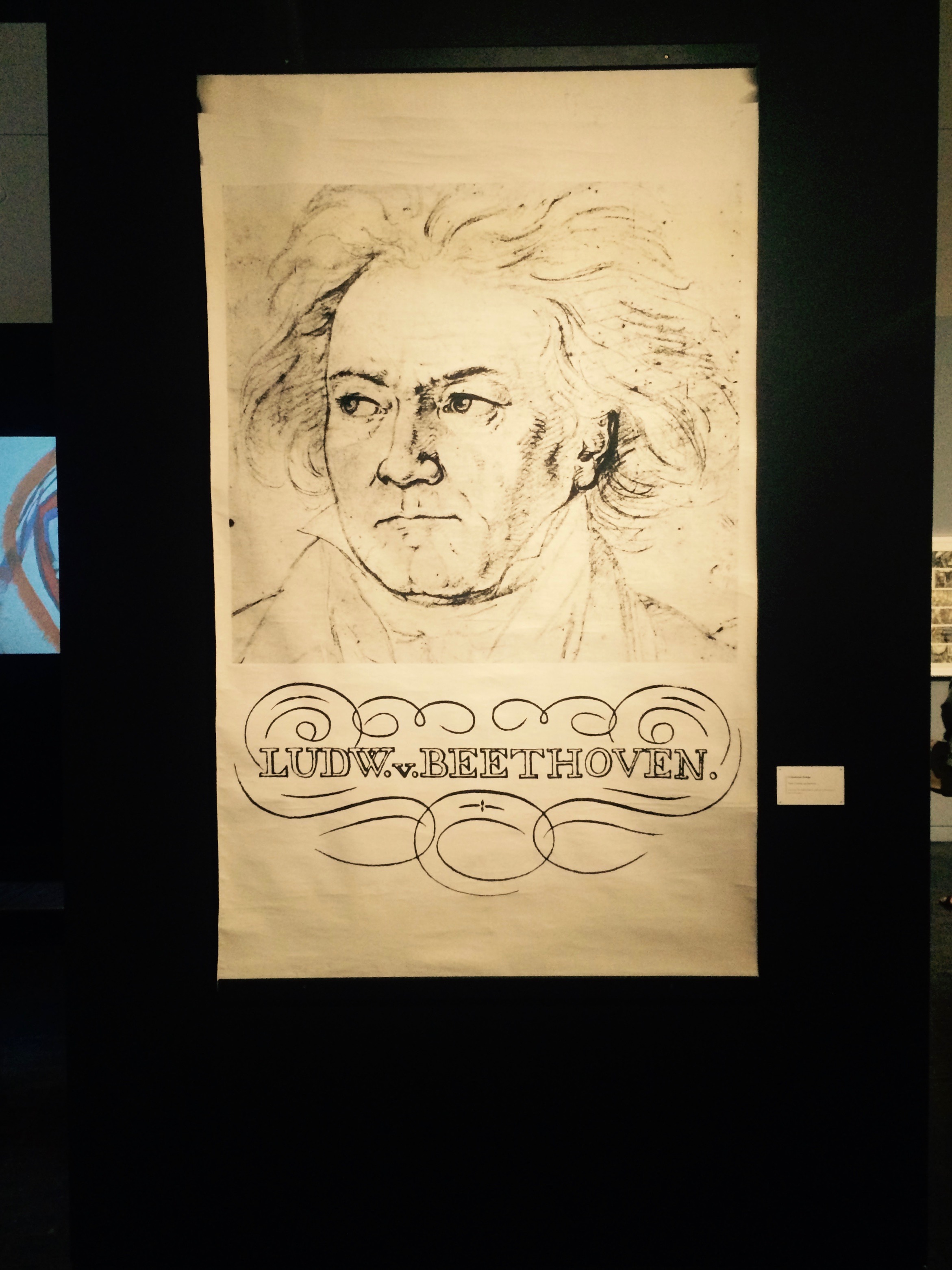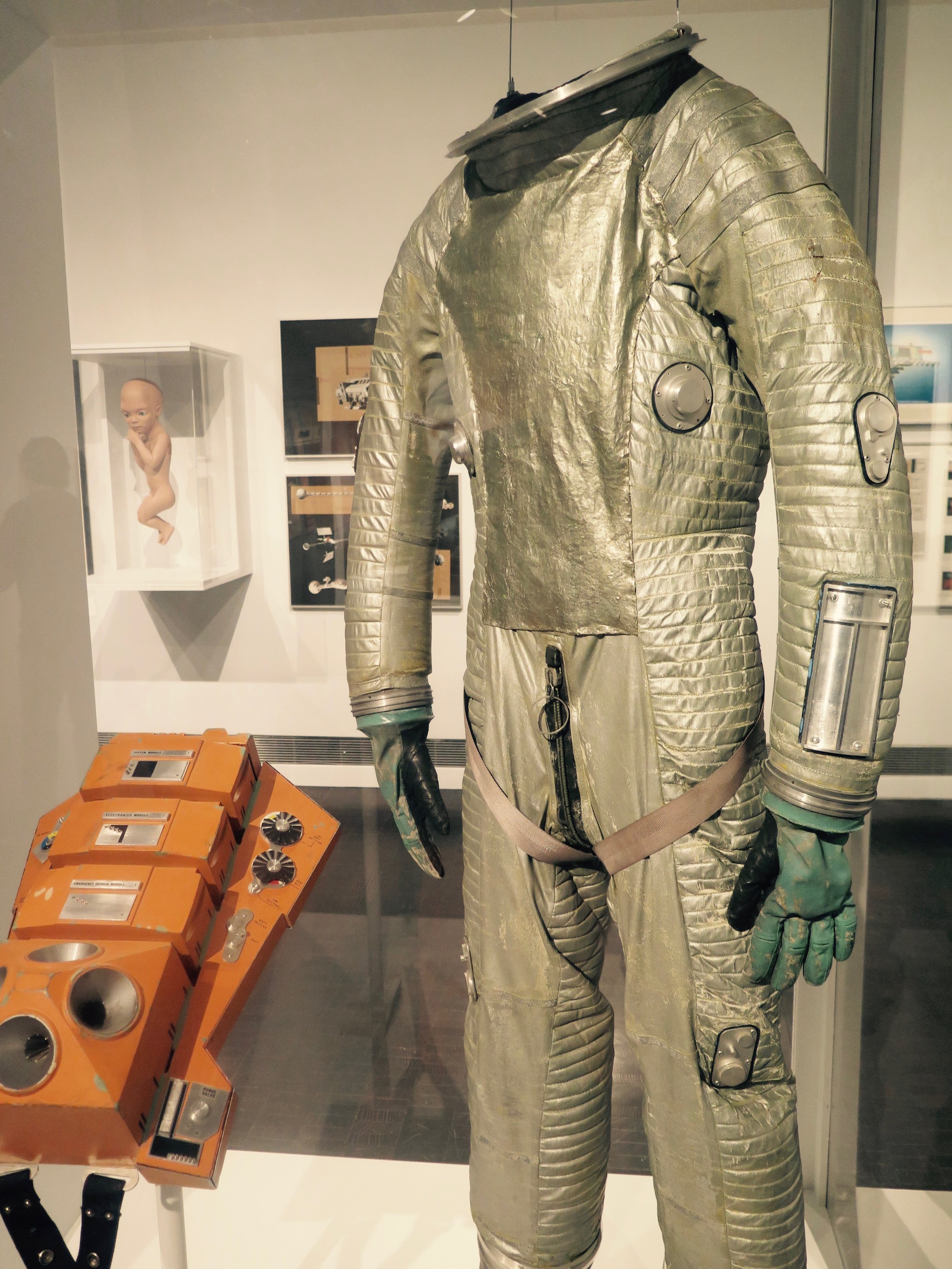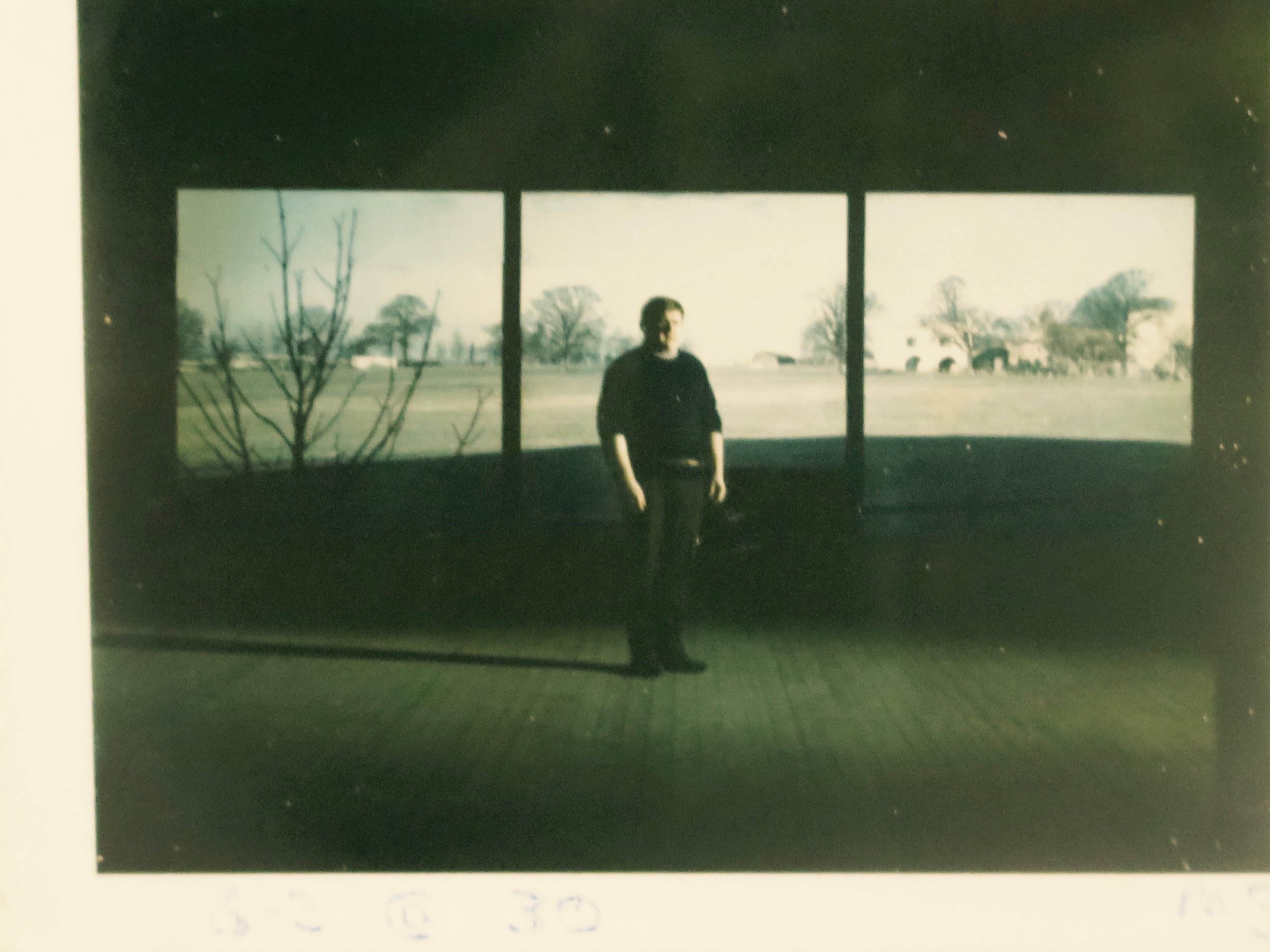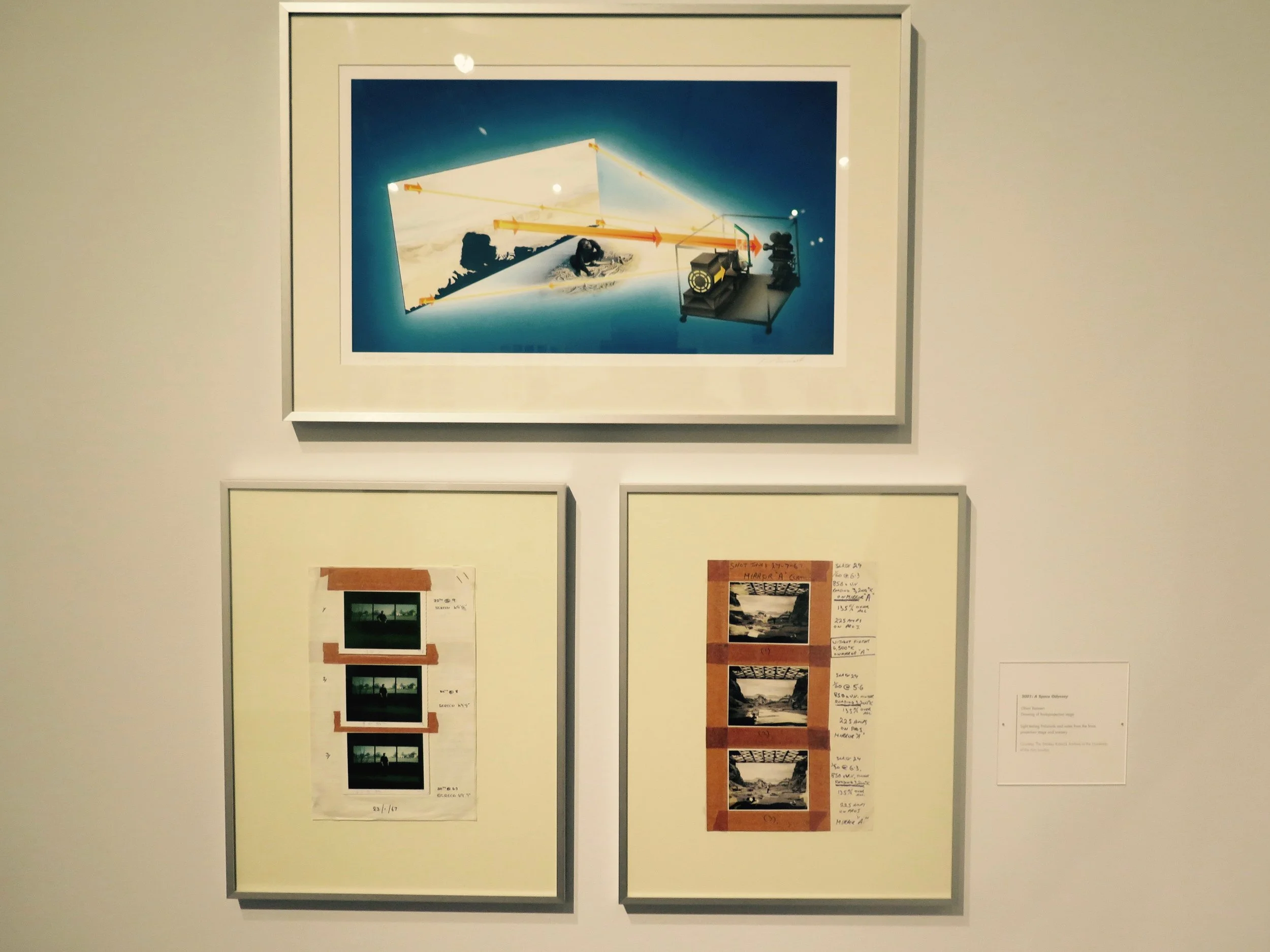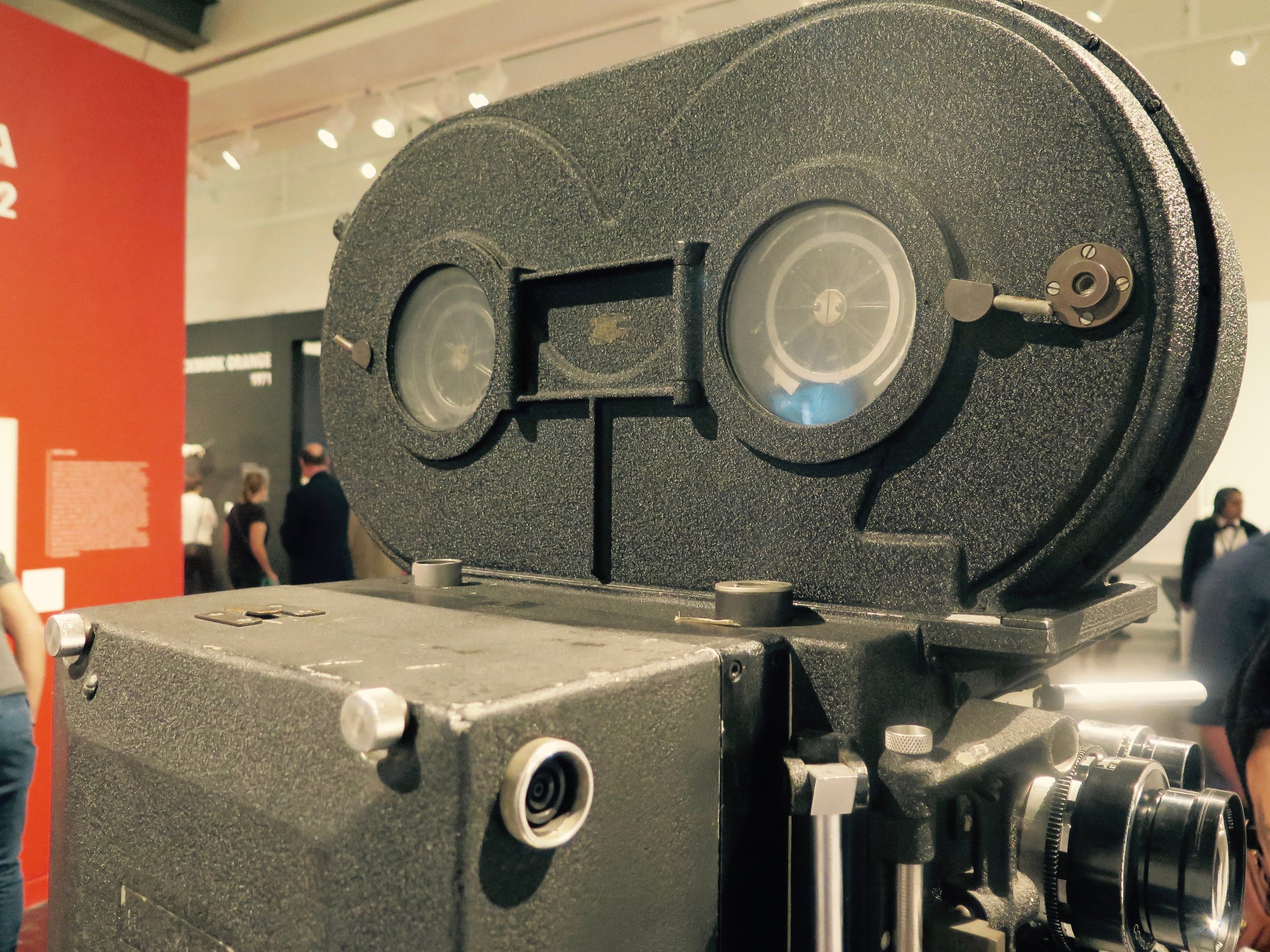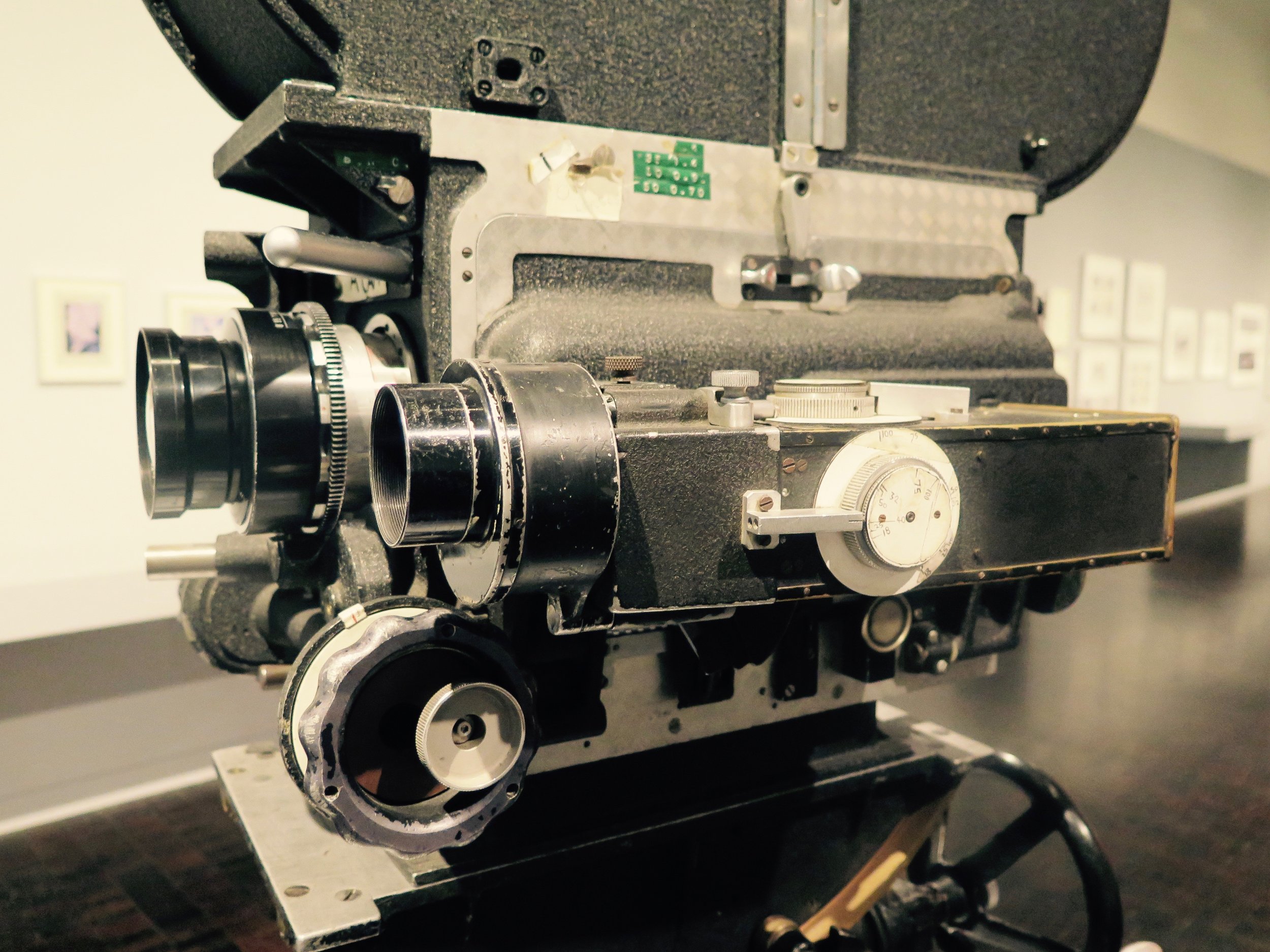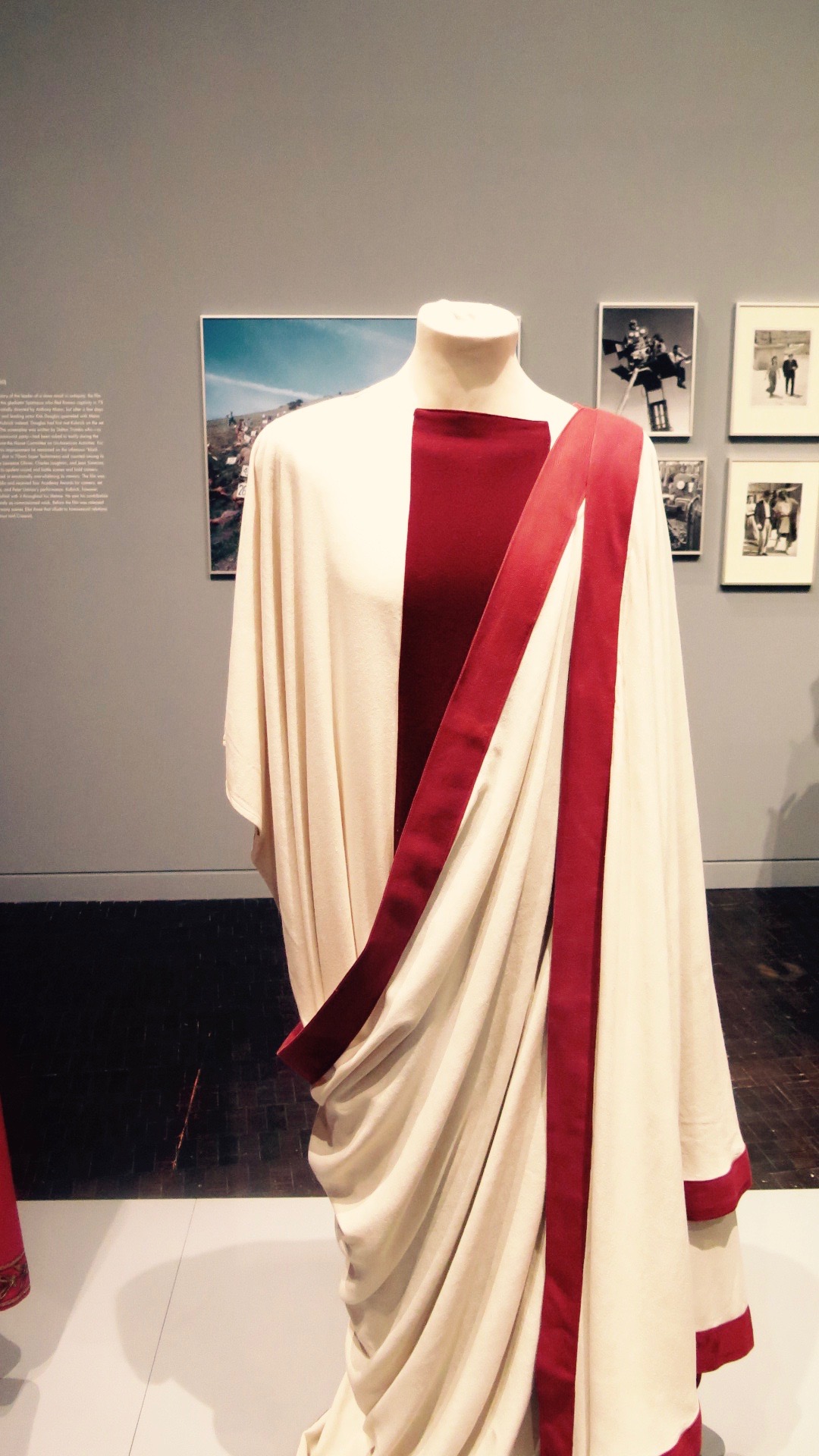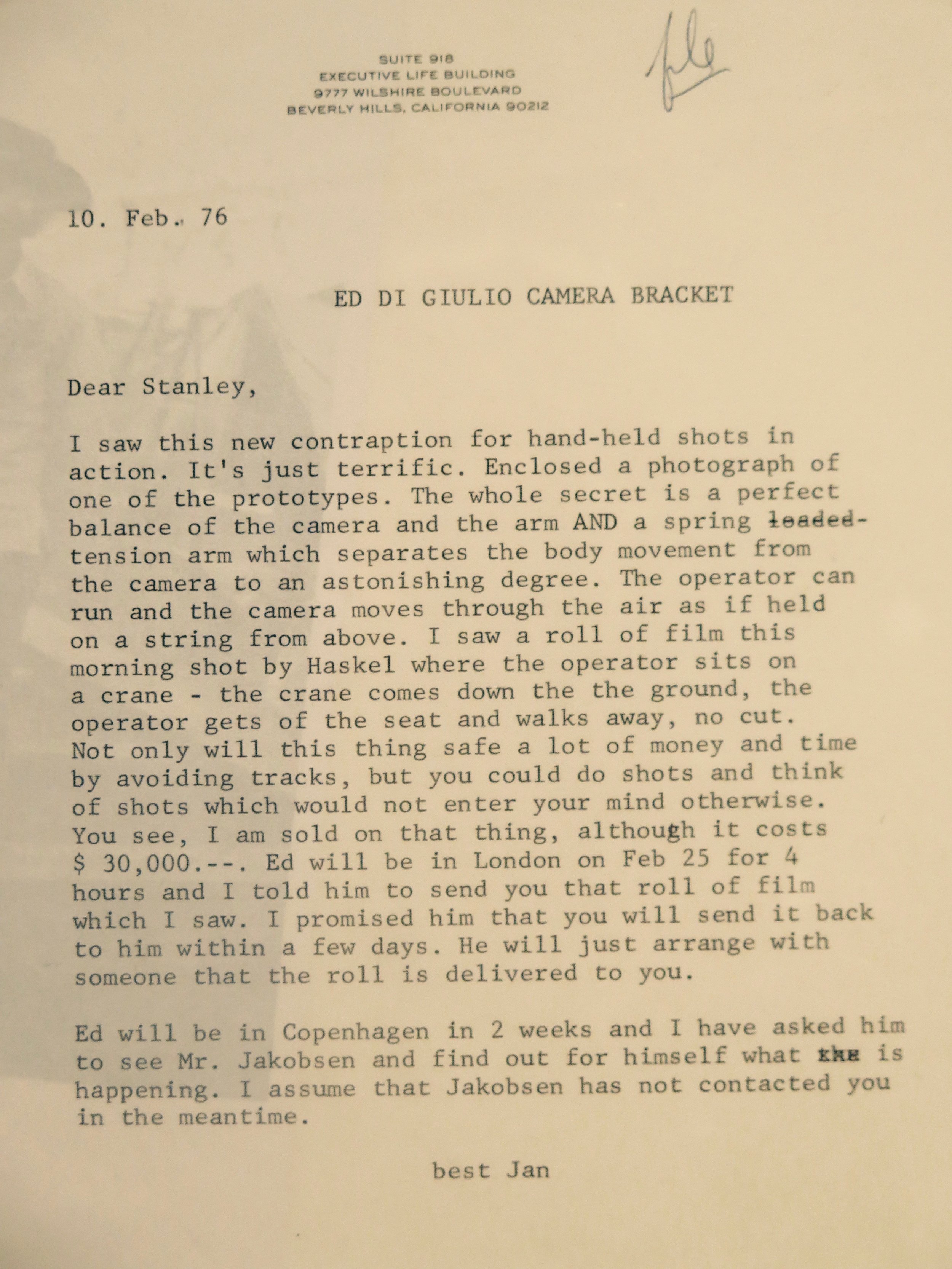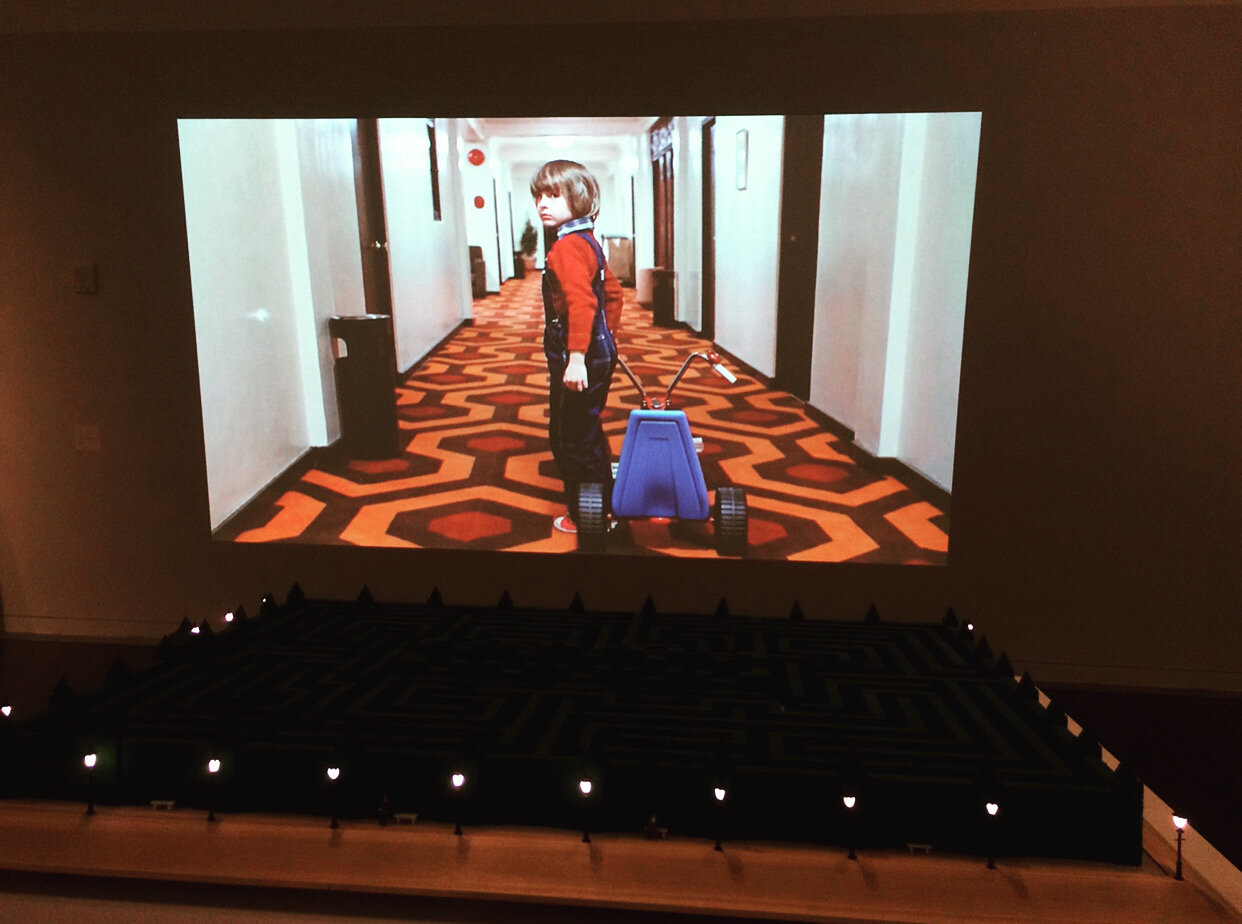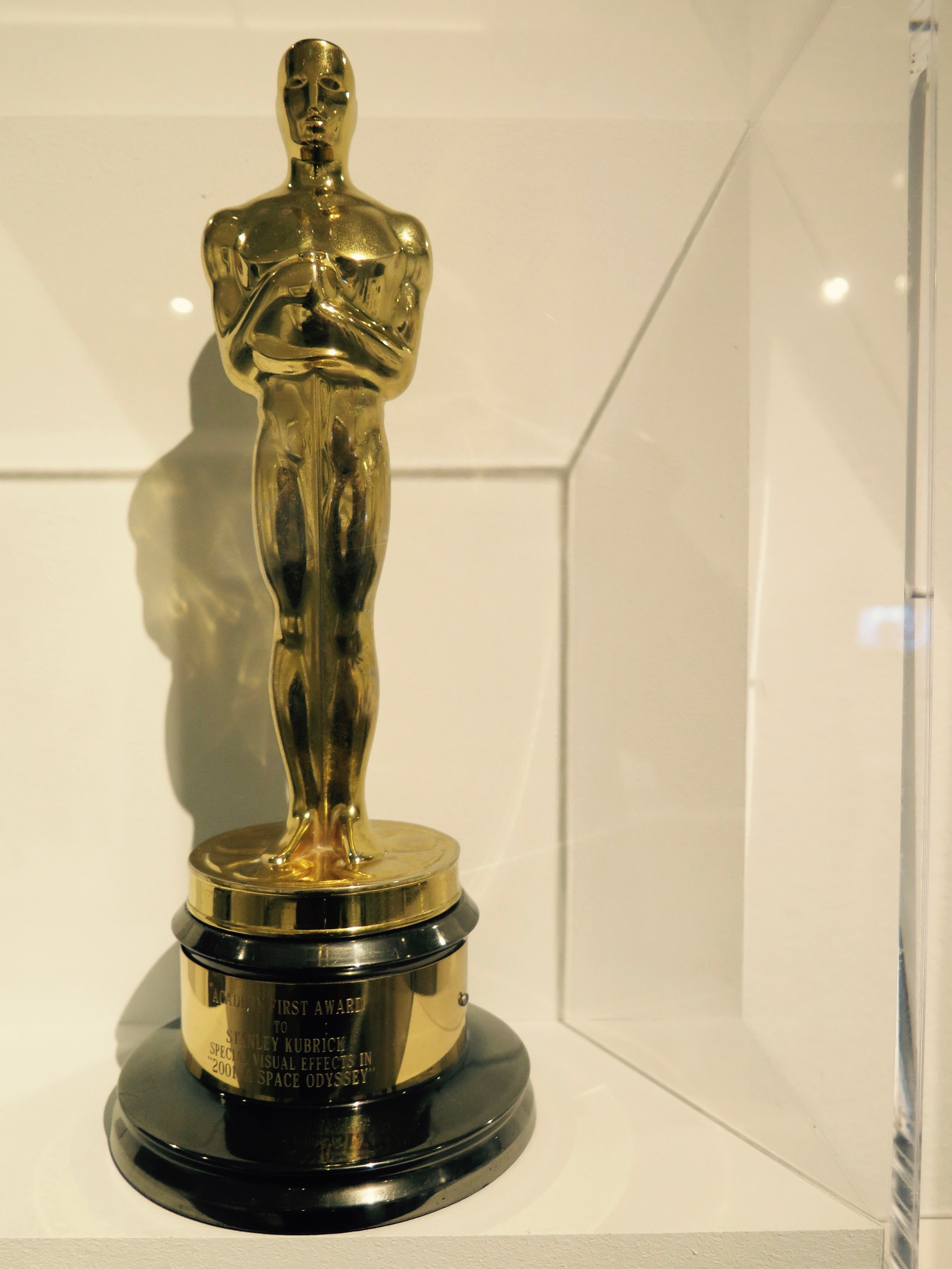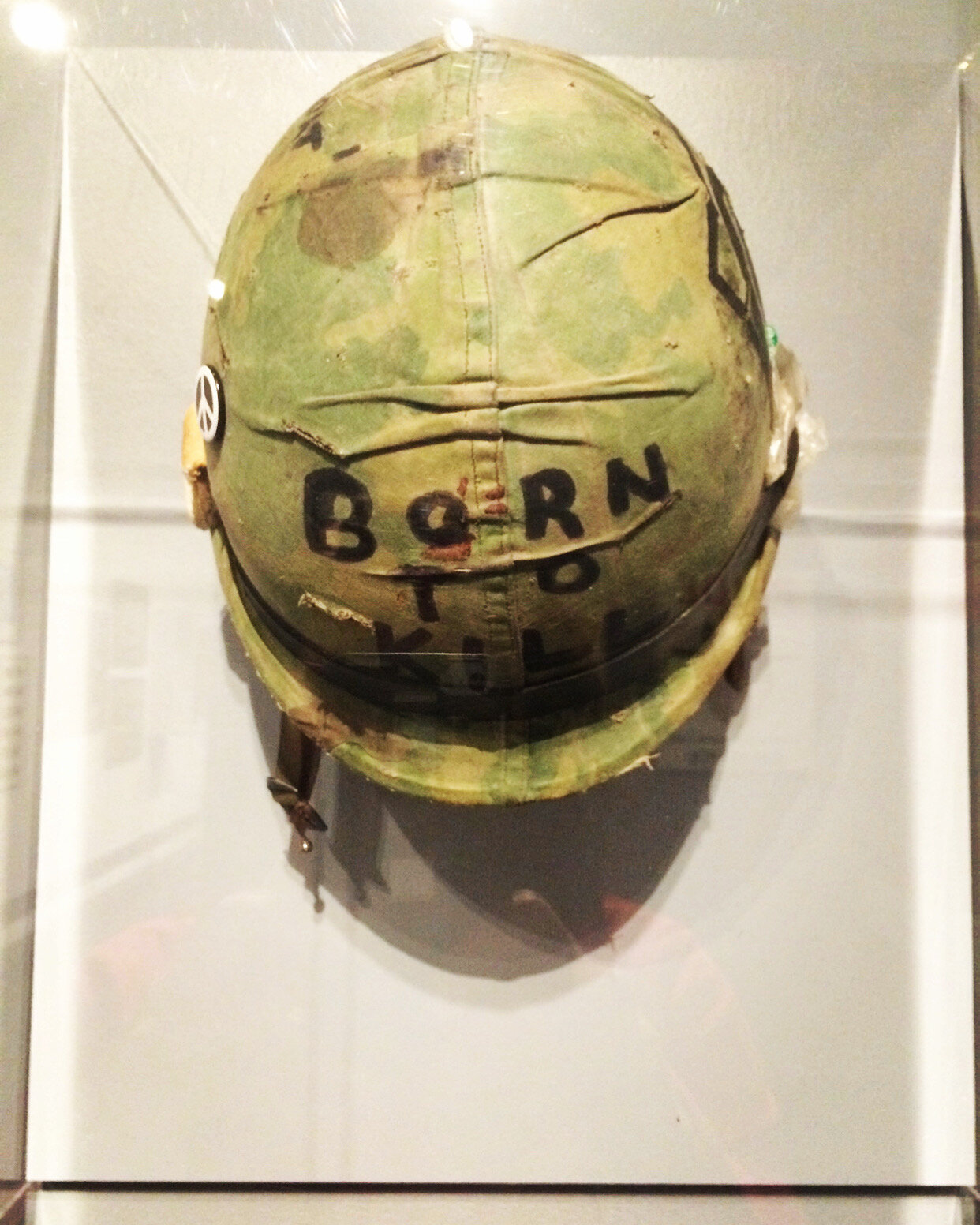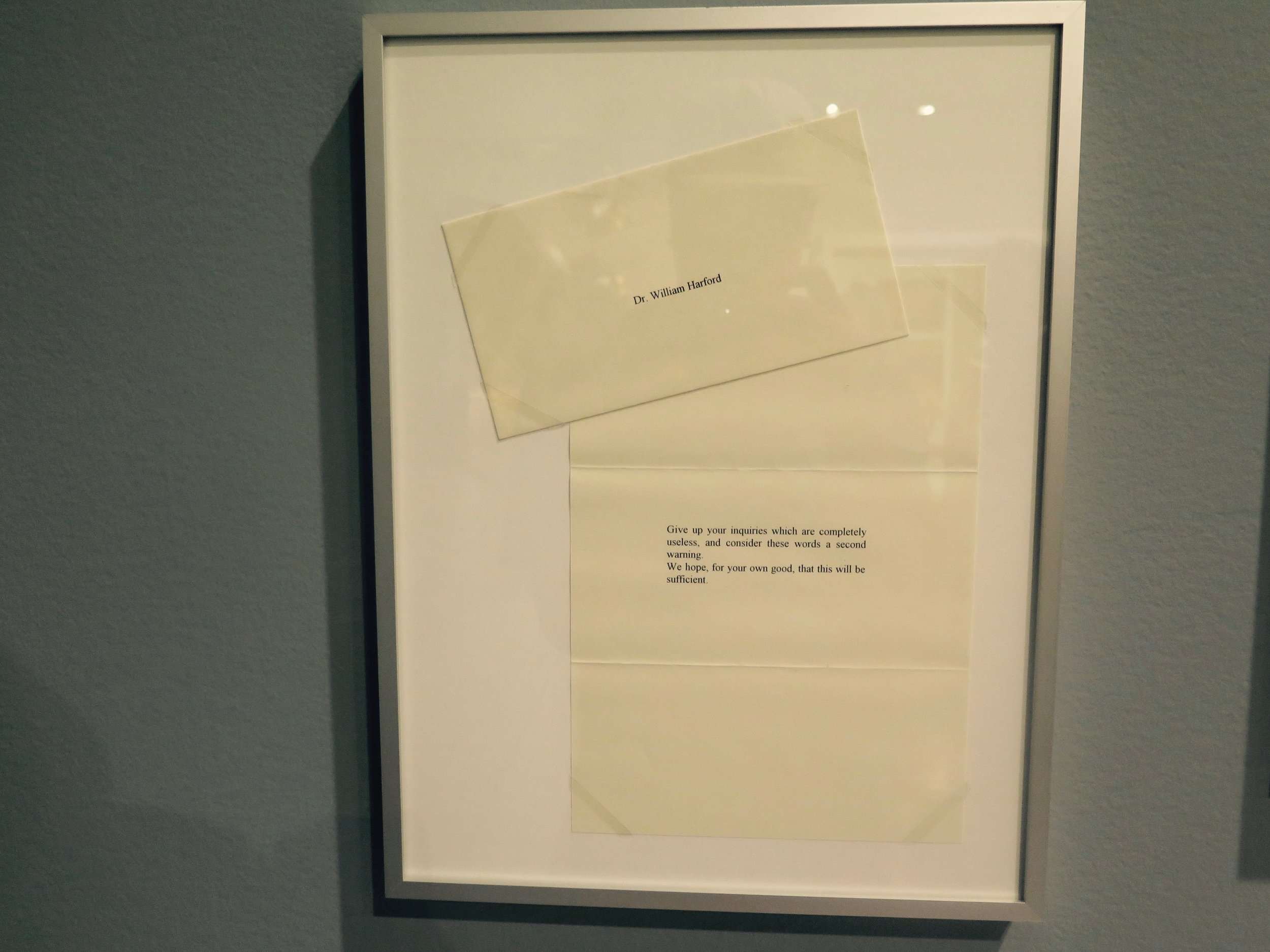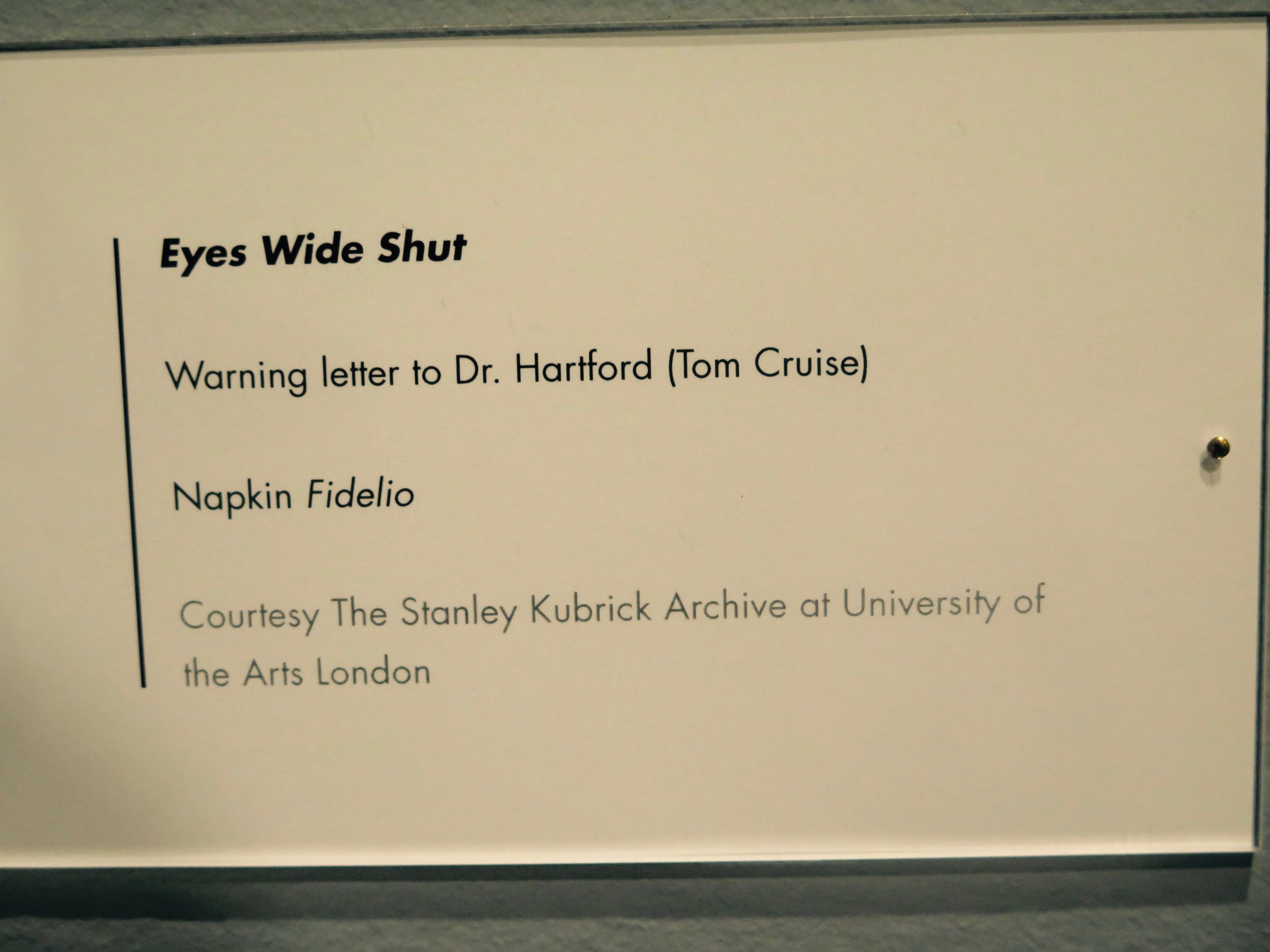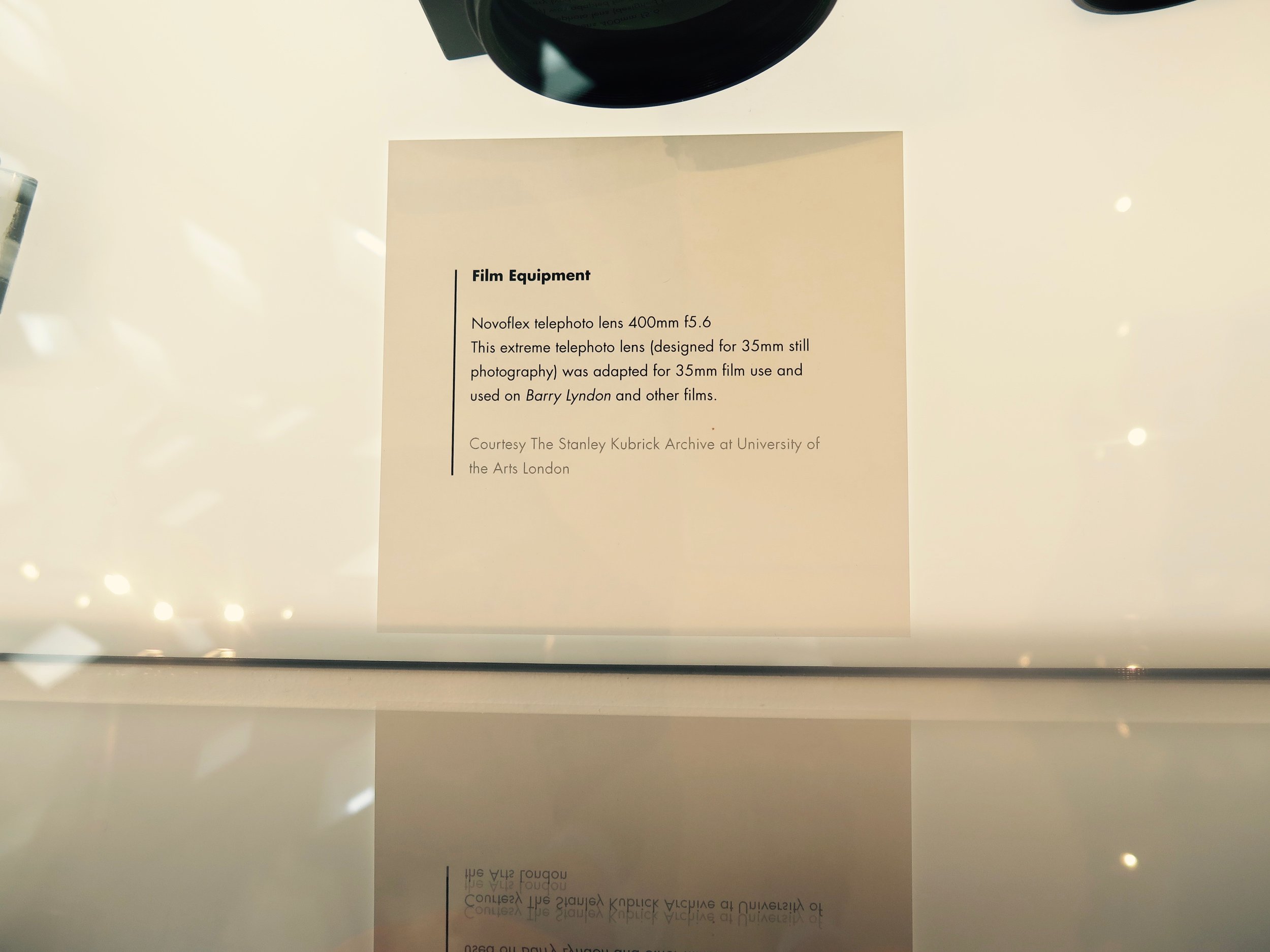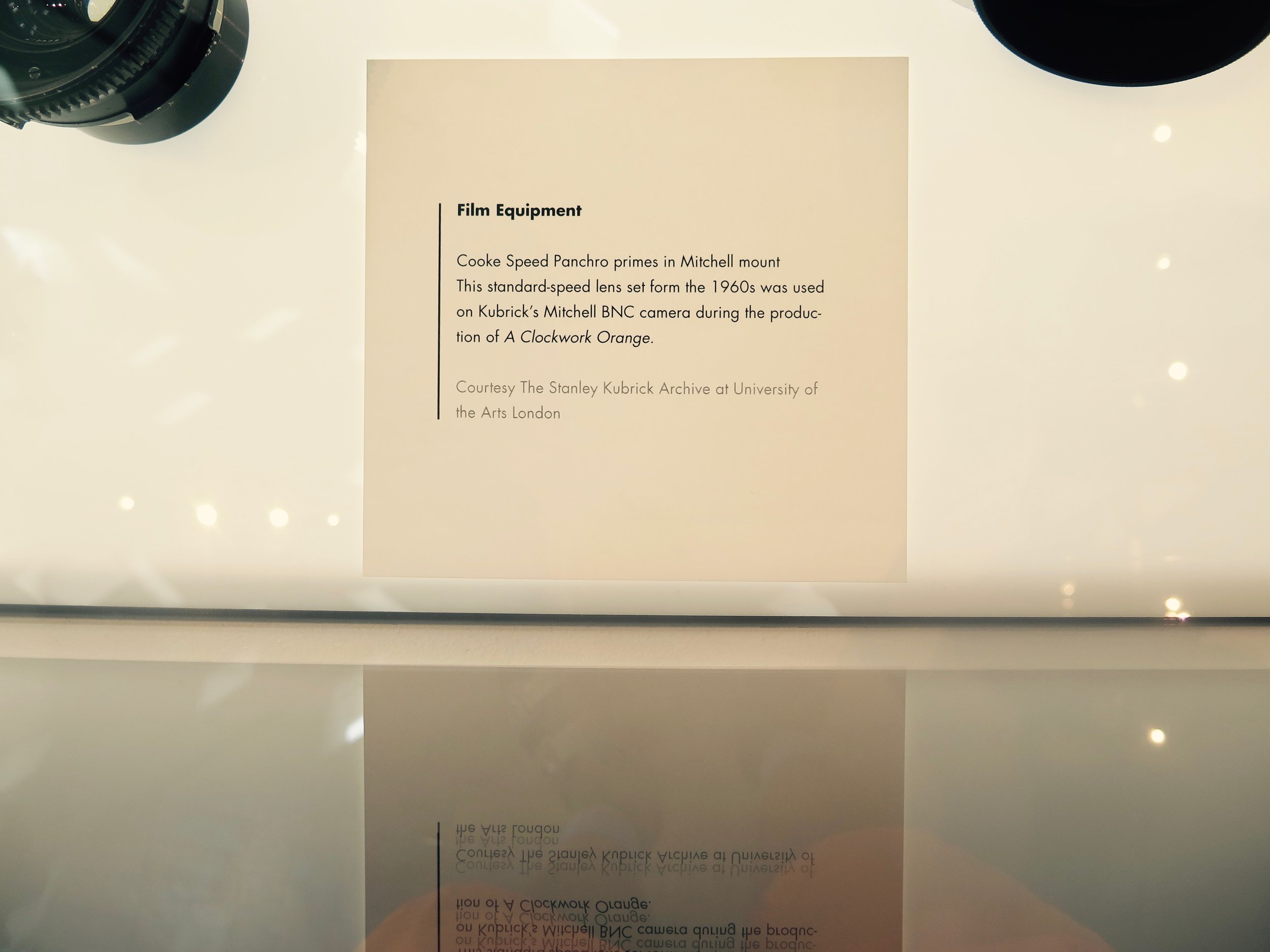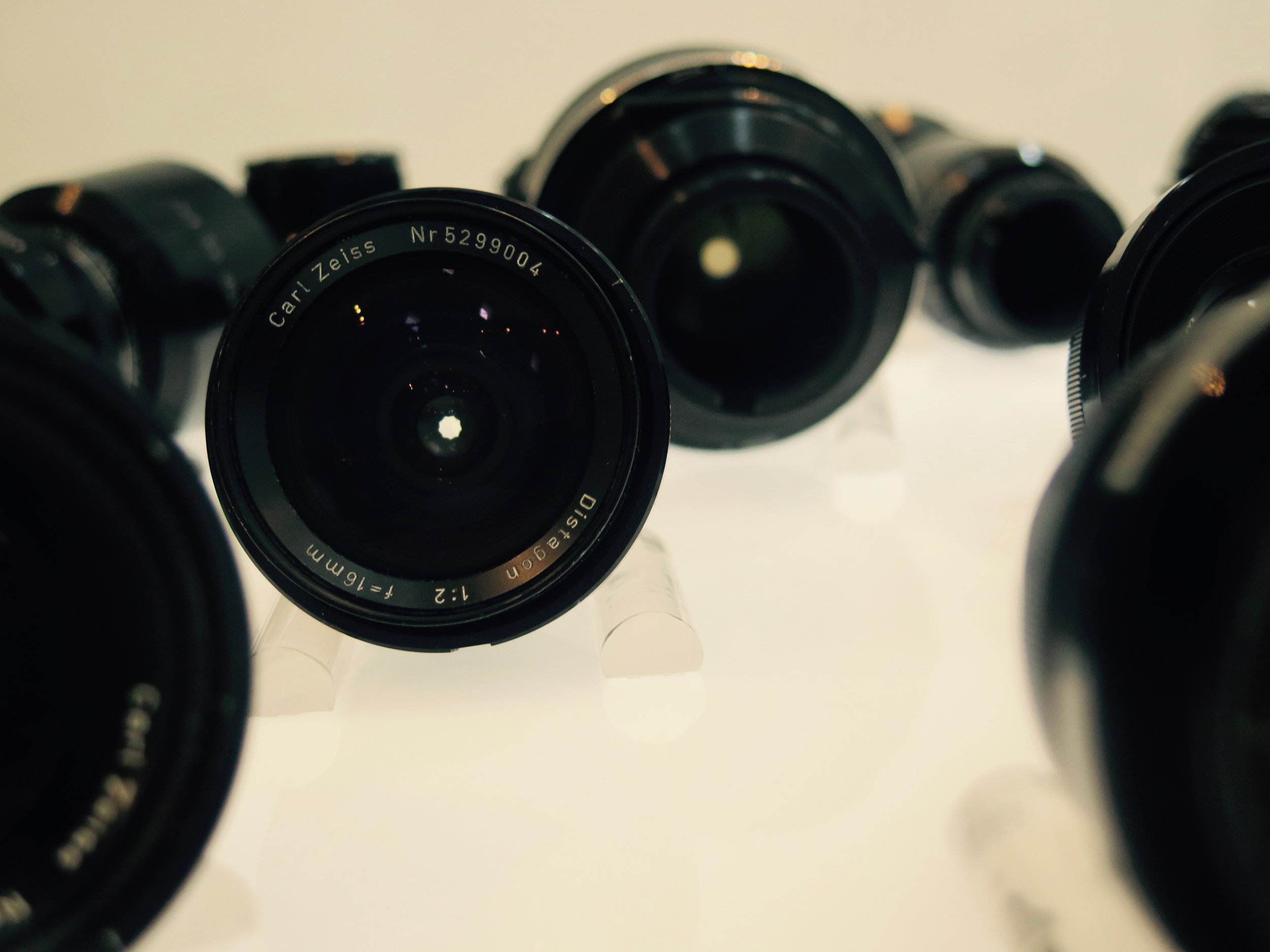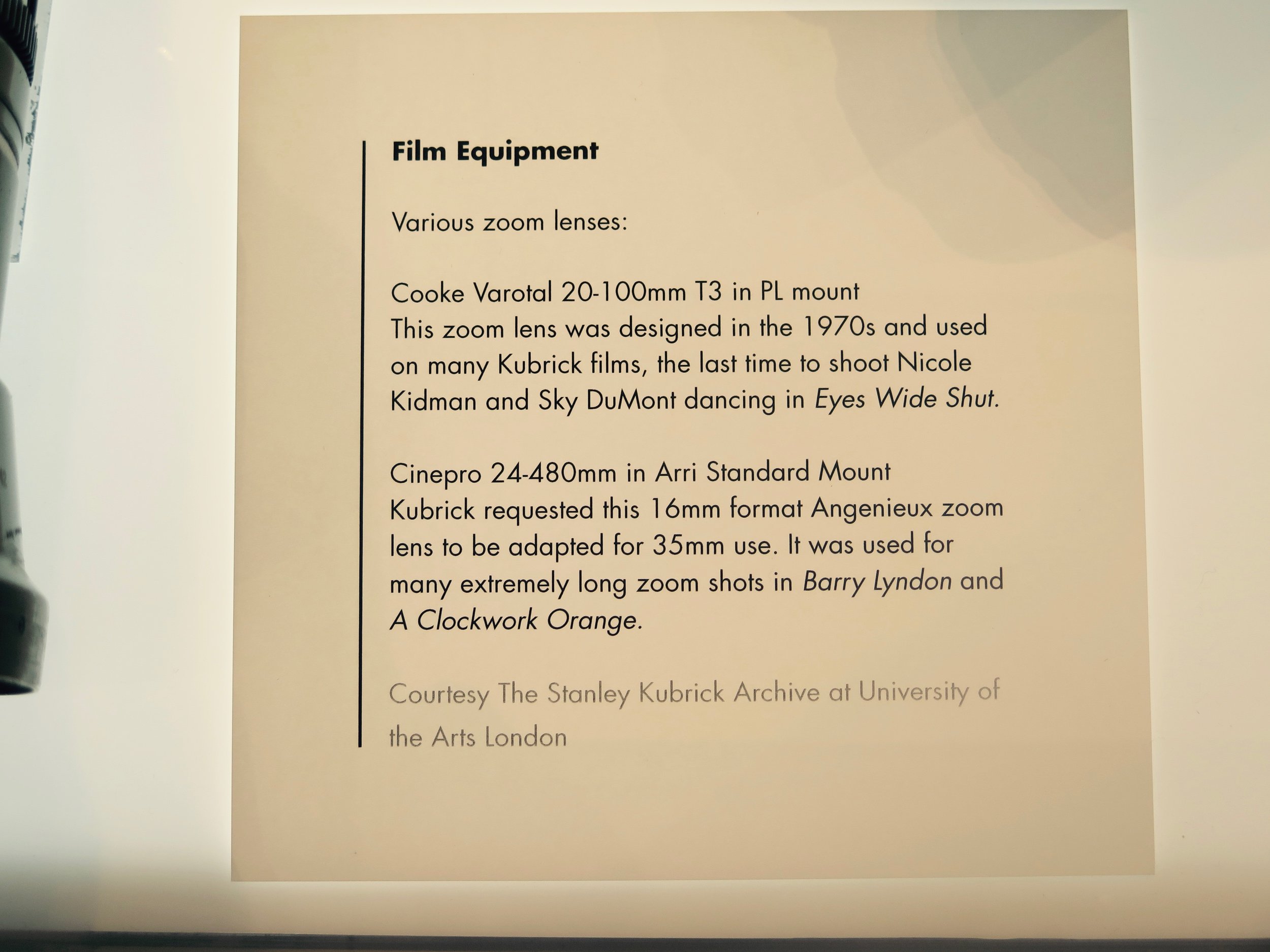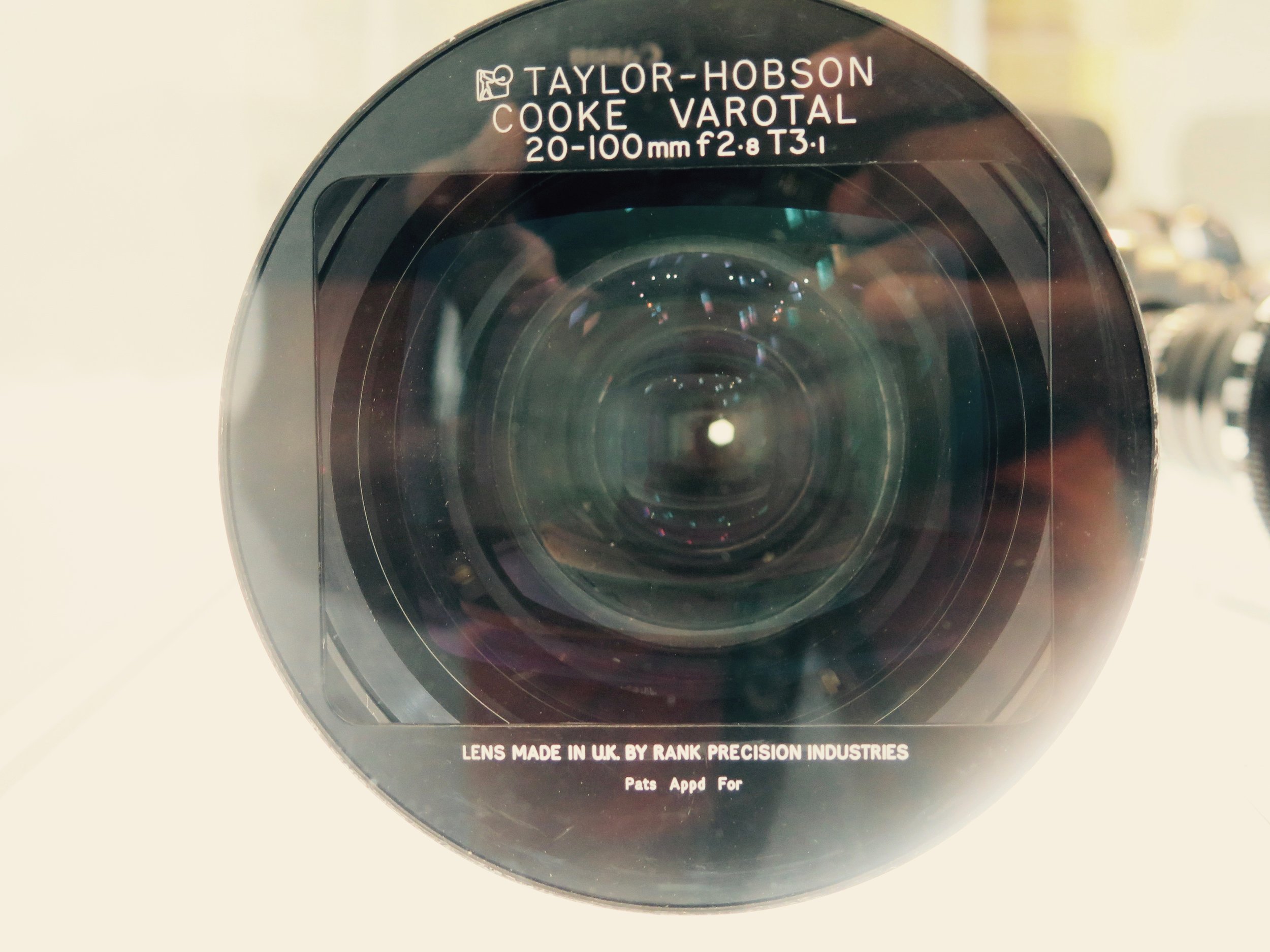17 years since his death in 1999, Stanley Kubrick is still a relevant subject for debate and scholarship of all manner, from the most erudite to the seriously down the rabbit hole. Kubrick is no longer just a filmmaker, and I would wager $5 (maybe more) that this is partly because, in our media-saturated confessional culture, where everyone is expected to smile and explain themselves and also feel super grateful for the chance to do so, Kubrick was kind of a tease.
A "recluse" in life (and if he was a recluse, then I'm some sort of desert hermit with Wi-Fi), Kubrick refused to let the public into either his life, or his films. He understood, as few celebrities do, that there is something to be said for being mysterious. Which is easy, when all you have to do is not go clubbing with Judd Nelson. (The 80s were the height of Kubrick is a weirdo rumors, and that's the most 80s thing I could think to write.) And, also, you know, he was a ridiculously talented cinematic visionary whose work continues to confound and amaze. So, I'm saying that even if he'd been on the television machine explaining exactly what The Shining's "deal" was/is, we'd still be amazed by it.
And that film in particular, as a proxy for his whole body of work, is the perfect example of the degree to which his films transcend film (yes, I've been away at pretension camp) and become a category of almost gnostic mysticism (see?), in that people study them with the fervor of religious texts, even though he remarked to his wife, close to the end of his life, "I'm still fooling them!"
"Enough of words. Actions speak louder than. Action now. Observe all." — The Minister from A Clockwork Orange
I'll let the documentaries speak for themselves, but I will say that one of Kubrick's most trenchant insights and legacies is directly related to the inherently mysterious nature of the medium in which he worked. Movies are weird and psychological (they can't help it!) and are, in the main, closer to dreams than any fidelity to reality or factual representation thereof (even when they protest that they are realer than real deal Holyfield), and this is because they operate on a pre-verbal level; this is also why, coincidentally, the millions of words written about his films amount to describing a dream, and everyone knows there's nothing more fascinating than listening to someone tell you about their half-remembered dream. (I am kidding. Almost everything is more fascinating.)
Kubrick intuited that cinema consists of not only filming the dream, but maintaining its essence, that elusive, uncanny quality that defies words. He frequently made words the least important part of his films, using them to comment on the uselessness of words, or for deep subtext, but almost never to tell you what was happening on screen in the expository manner of most of today's "talkies."
- Justin Morrow of No Film School
What I'm attempting here in this post is to expose the team to the Master of Cinema. No matter who you deem to be the best at their craft, in some form or fashion they have been influenced by Stanley. His ability to... well just watch the video and you'll understand what I'm getting at.
Also, for those who might not be able to make it to the FREE exhibition of Stanley's work at the Jewish Contemporary Museum; I've included some photo highlights below that I find interesting while touring the exhibition with my good friend and fellow cinephilia KGrant (images of Ms. Grant are not show to protect her privacy). If all goes as planned I’ll be relocating to her neck of the woods to work for LAIKA after graduation.
I'll be following this post up with an in class lecture on Kubrick, Carpenter, and Speilberg "Empires of Dreams" on Friday. Part of Week 2's research assignment for the Sunken Forest Group Project. Also stay tuned for an entry on the blog as well. In the meantime enjoy this recap of what’s on view from Adam Savages visit on opening night.

